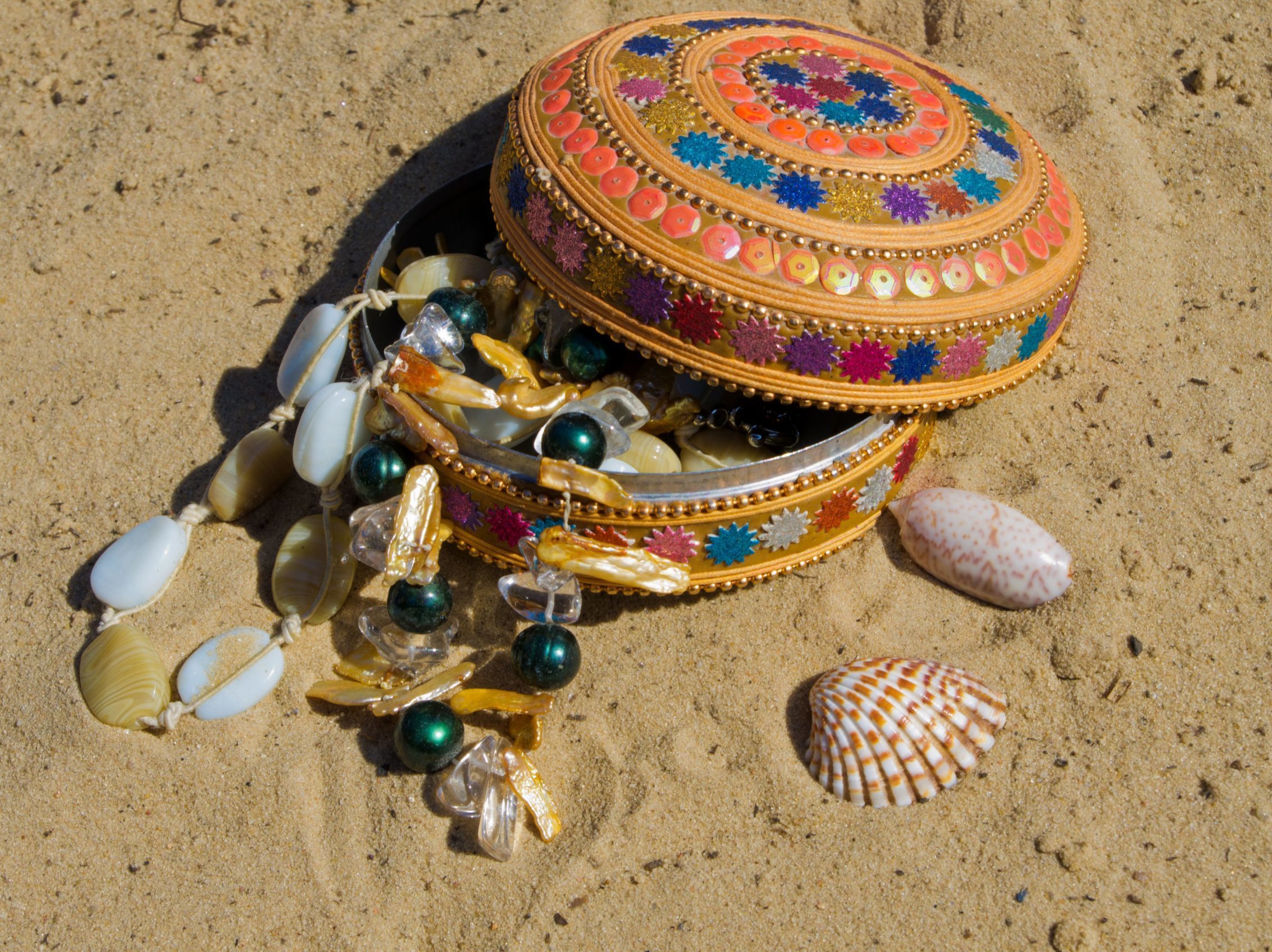Learn the history of swapping and how it’s a great way to collect and play with new things without having to buy anything new.
We’ve all heard the expression, “Shop ‘till you drop,” but let’s change it to, “Swap ‘till you drop!” Let’s explore the history of swapping and how your kids can start swapping with friends.
Kids who love to interact with their peers by sharing will love the concept of swapping. It’s a great way to collect and play with new things without having to buy anything new. And when the kids grow tired of what they’ve got, a swap is the perfect “start over.”
So, how did the concept of swapping get its start? Bartering is the basis, and as that system shifted, the idea of exchanging goods still carried on. In the case of kids, it’s about sharing, exploring, and engaging.
A Brief Lesson in the History of Swapping…
The history of swapping finds it’s roots in bartering. According to Mint, the barter system is centuries old, where people would, “exchange services and goods for other services and goods in return.” Before money was used for this purpose, people would “pay” with something useful. Imagine someone with a stash of shells and beads which have a particular value, currency-wise, and forking them over for food, clothing, or home goods. Trading is similar, and more in line with swapping.
Kids Can Get Creative
Today we have a monetary system in place, but kids don’t have to spend a dime to swap. Of course, they’ll have to swap what they’ve already got, or create something from scratch to share.
Kids who want to start a “swap circle” can have lots of fun with friends. The options are endless, and they’ll never get bored of being together, swapping, sharing, and smiling.
What To Swap? Let’s Get Started
Postcards are popular, especially ones with pretty pictures and eye-catching artwork. You can get blank ones that the kids can draw on too, making them personalized and extra-special.
Pins are meaningful and mark special moments. Kids who are willing to swap pins are going the extra mile to show their friends they really care. Collecting pins is a hobby that kids take seriously, and as their collection grows and changes, it leads to lots of memories down the road.
Scouts who have a bunch of neckerchief slides hold them close to their heart. As they collect them over time, each one holds a special meaning. Swapping these slides shows support for one another and growth as a group.
Artist trading cards are so pretty, and pals can pass them around to swap when they’re ready to move on to some new ones. The varieties are exciting, so the kids will love to see which ones their friends have. Mixing and matching makes it even more enjoyable.
Toys and dolls are abundant in many households, but some kids don’t have a bunch. It’s nice when those who have plenty are willing to swap with friends who may not be as fortunate. Kids can swap doll clothing, toy parts, or even entire board games or video game cartridges. They can also keep it simple by swapping playing cards, puzzles, coloring books, and comic books. PS: “regular” reading books are great for swapping too!
Use The Web
Online swapping is the way to go when you can’t get the kids together. They can send one another photos by email and pick and choose what they’d like to swap. Put together a care package of the items and ship them out when you have a few things you can send at once. The kids can also chat back and forth via an online messenger platform to share more details and descriptions about their items, and why they are so meaningful to them. When the stuff arrives, take pics with the items and send it over to the original owner.
Share the history of swapping with your kids. Encourage your kids to swap with their friends. It’s a great way to play, and everyone wins!
Write Me A Message For Trading:
[fep_shortcode_new_message_form to="{current-post-author}" subject="{current-post-title}" heading="Contact"]







